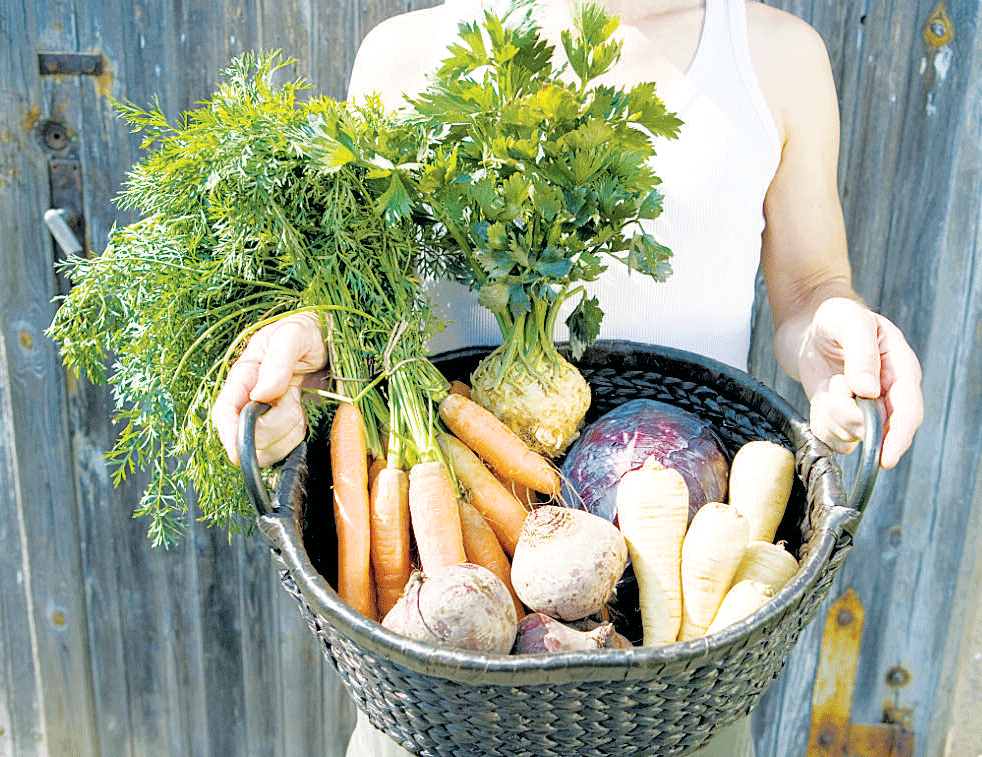Our energy choices have caused the problem and they can solve it too

Everyone’s got something to say about the environment. Hands are wrung in response to stories of melting ice shelves, rising sea levels, escalating species extinctions and imminent runaway global warming. Sighs are heaved at yet another story of corporate misdemeanour or political slithering away from a binding target. Anger is directed at China and India’s ballooning economies. Blame is laid elsewhere, and we wait for solutions from someone, somewhere. We want the Government to sort it out on our behalf, industry to invent magic bullets and, failing that, maybe our children, so reassuringly eco-savvy these days, to clean things up in our wake. After all, if things are that bad someone will rectify things, won’t they?
If we’re honest with ourselves, we may acknowledge our way of life isn’t helping. But with China opening a new coal-fired power station every four days and oil leaks spilling billions of gallons, surely our actions are mere drops in the ocean? Well, not exactly. The energy challenge – along with the other environmental crises we face – is indeed huge and intangible. But it hasn’t appeared from nowhere. The root causes boil down to the way we’ve chosen to organise our lives and run our society, so, ultimately, many of the answers must start there too.
According to Defra, around 80 per cent of UK energy use (and its carbon footprint) can be directly attributed to our lifestyle choices – the way we power our homes, produce our food, move around and make (and dispose of) the stuff we use. And our appetite for energy at home is escalating: our total domestic electricity consumption has more than doubled since 1970.
Fast-growing economies may be increasing their fossil-fuel use but, since Western countries have emitted around 80 per cent of all manmade CO2 since the Industrial Revolution they’ve arguably got some catching up to do. In practice, their per capita carbon footprints are a fraction of ours, and many industrialising countries are surpassing us in developing energy-efficient products and renewable technologies.
The challenges are so big and our relationship with energy is so intertwined with our way of life it’s impossible for any one entity to sort this out on our collective behalf. We’ve all contributed to the problem and we all need to become part of the solution. Fast.
Most of us can cut our energy use. As individuals we can only do so much. But the upswell has begun. Individuals, organisations and places are seeing the writing on the wall and choosing not to wait until someone sorts it out for them. Over 92,500 people (including the Government) have signed up to the 10:10 campaign, pledging to cut their carbon emissions 10 per cent by the end of 2010. Islanders on Eigg in Scotland have cut their electricity use by 50 per cent and are generating 90 per cent renewably. Nationwide, schools, town halls, leisure centres and homes are becoming renewable power stations, taking advantage of the short payback times afforded by feed-in tarriffs. More than 300 communities have become Transition Towns, developing action plans to reduce energy use rather than waiting for peak oil to do it for them.
None of these initiatives is enough on its own, but they all signal the appetite for change. Every time we buy a greener product or service, as consumers we’re sending a message to producers we want them to do their business in more sustainable ways. Every time we walk or cycle to work, choose renewable energy or support our local farmers’ market, we’re creating the mandate for politicians, economists and town planners to accelerate the move to a low-carbon economy. And every time we make our preferences known with our feet, cash or voting slip that message gets home very directly. The challenges are so big and the window for action so short, we need to use every tool and trick at our disposal, and do it now.
Joanna Yarrow is Founder of beyond green
HOME'S EFFICIENCY: The Energy Saving Trust estimates the average UK home wastes over £350 on energy each year. Install insulation, draught-proofing and low-energy bulbs, turn the heating down and switch things off. Wash clothes at lower temperatures (if we washed at 30 C we’d save enough energy each year to power 500,000 UK homes). Invest in a smart meter such as the Owl ( the-owl.com ) – seeing the price of your home’s real-time energy use can help cut bills by up to 15 per cent. See www.energysavingtrust.org.uk for domestic energy efficiency grants and discounts.
EAT SMART: Food growing, processing, transportation and production are energy-intensive, clocking up about a fifth of the average person’s carbon footprint. Try growing your own, even if just on a window sill. Eat less (energy-intensive) meat. And don’t waste food: if we stopped wasting the 8.3 million tonnes of food that UK households throw away each year, we’d avoid the equivalent energy use and emissions to taking 1 in 4 cars off the road, as well as saving the average family £680 a year.
WALK OR CYCLE: Over 25 per cent of UK car trips are under two miles. Walking 6-12 miles each week can cut the risk of premature death by 20-30 per cent. Plan your routes at walkit.com .
DRIVE CAREFULLY: Slow down (driving at 50mph uses 15 per cent less fuel than at 70mph) and drive smoothly.
FLY LESS: Avoid contributing to the fastest-growing source of carbon emissions by taking flight-free holidays. Try seat61.com to plan your international route.
Dont miss: An interview with David Mckay illustrating public energy usage in a short film produced by Channel 4
Join our commenting forum
Join thought-provoking conversations, follow other Independent readers and see their replies
Comments
Bookmark popover
Removed from bookmarks